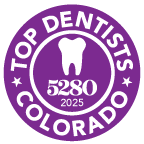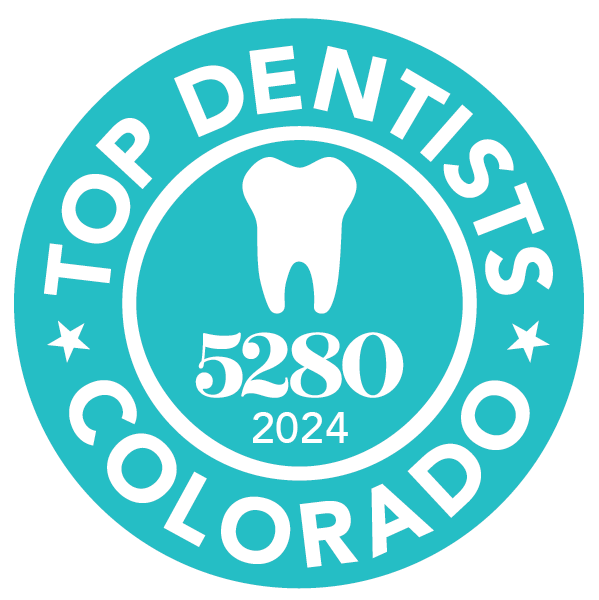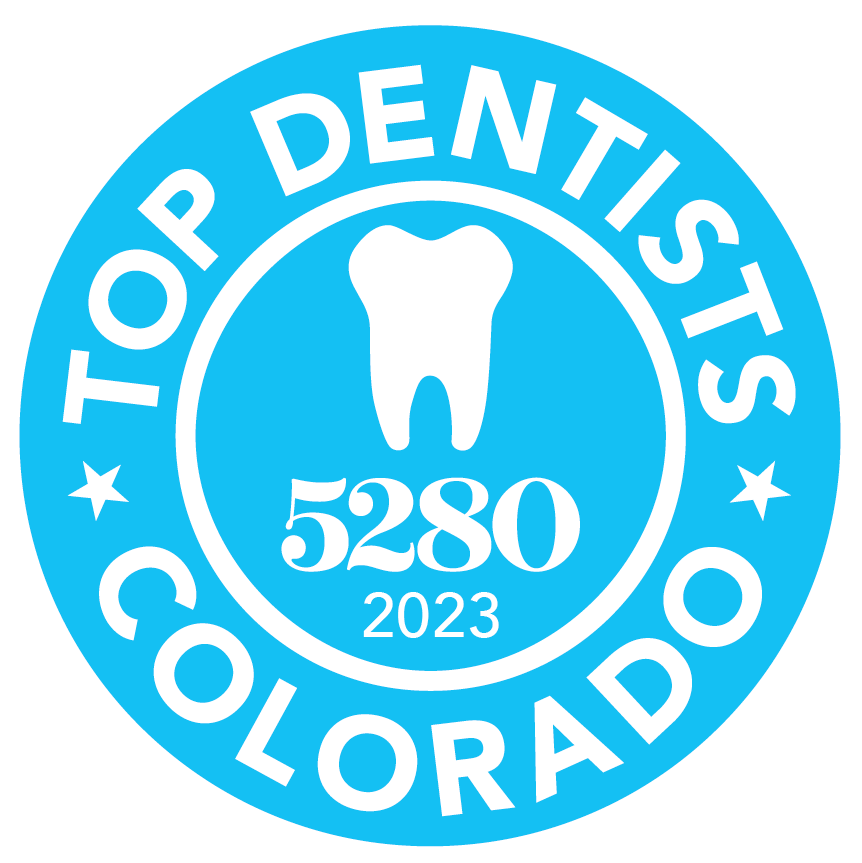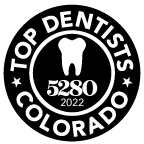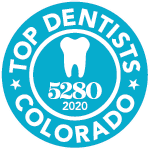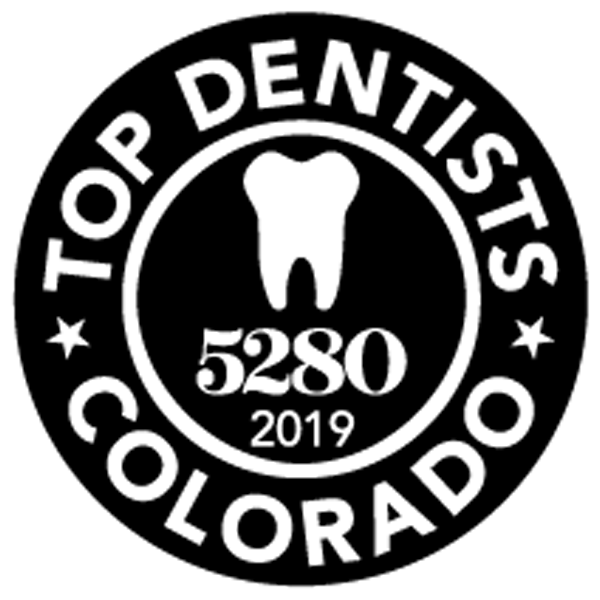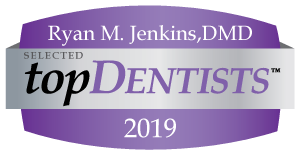Peri-implantitis is to dental implants what periodontitis is to natural teeth. Periodontitis is an advanced form of gum disease, attacking the gum tissue and bone supporting the teeth, leading to eventual tooth loss. Peri-implantitis is the loss of bone surrounding a dental implant, as well as gum recession and inflammation. Like traditional periodontitis, early detection is an important way to save the dental implant and restore dental health.
How Peri-Implantitis Occurs
Like periodontal disease, peri-implantitis develops as a result of poor dental hygiene habits or as a complication from certain diseases. Also, like periodontitis, studies have linked peri-implantitis to a higher risk for stroke, heart disease, and even pancreatic cancer. This link to serious medical conditions makes it all the more important to seek treatment as soon as the symptoms begin to emerge.
Treating Peri-Implantitis
The laser-assisted peri-implantitis procedure is used with a laser known as the PerioLase MVP-7, originally created to perform laser gum surgery on natural teeth. However, when studies were conducted, it was shown that this laser has a unique ability to eliminate the inflammatory reaction of peri-implantitis! With this laser, healthy tissue is allowed to regenerate, which creates positive results in the regeneration of supporting bone and tissues.
The PerioLase MVP-7 can target and remove the darkened, diseased tissue around the affected dental implant. The laser is used to gently remove the diseased tissue without damaging any of the healthy tissue surrounding it.
If you are suffering from peri-implantitis, it’s important to get it diagnosed and treated as quickly as possible. To learn more about LAPIP and if it’s a good option for your peri-implantitis, please contact Littleton Implants & Periodontics. Our office is located here in Littleton, Colorado.
